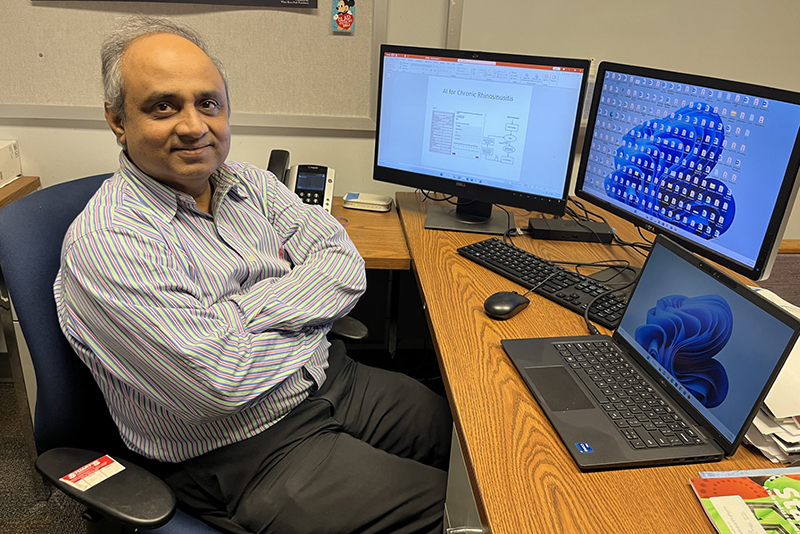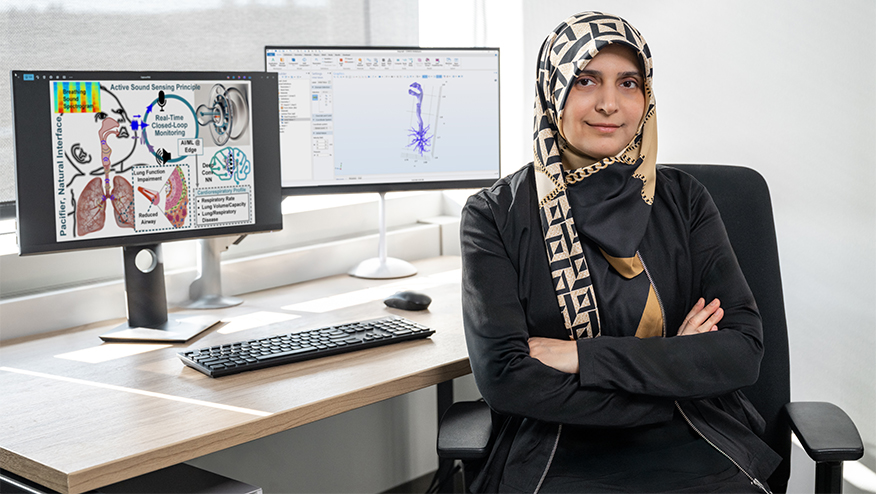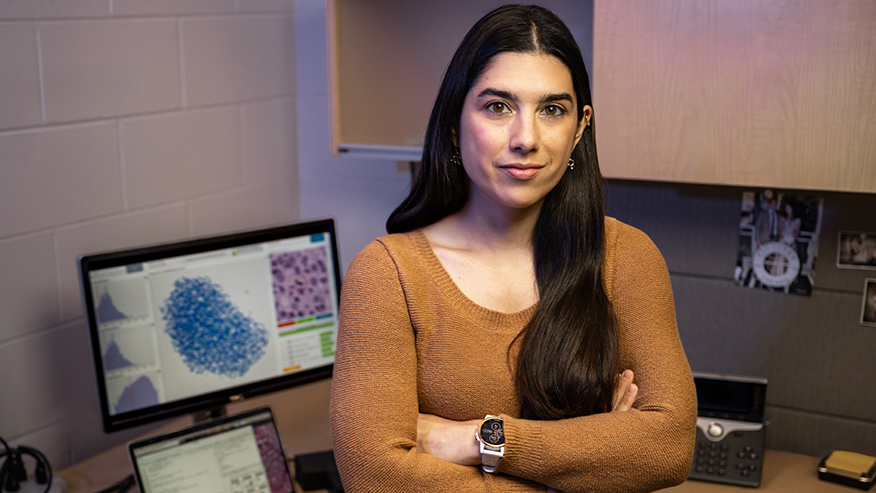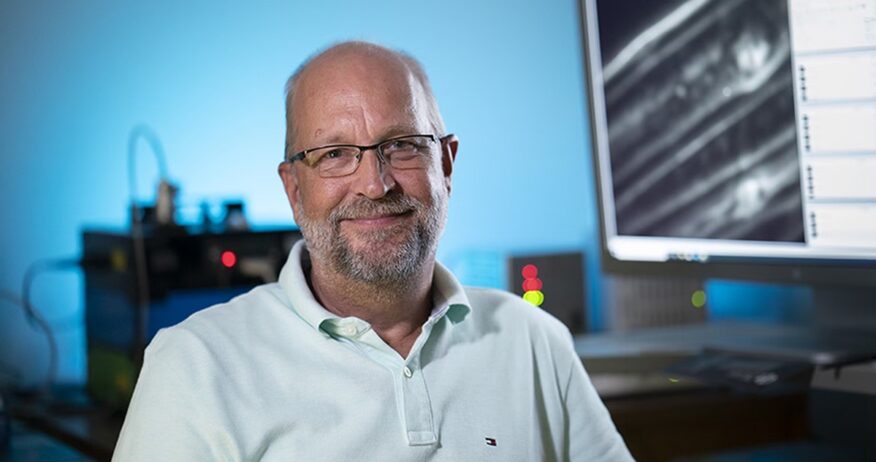Using AI models to predict sinus surgery outcomes earns NIH grant for Purdue professor in Indianapolis

Snehasis Mukhopadhyay, a Purdue computer and information science professor in Indianapolis, is using artificial intelligence to predict sinus surgery outcomes. (Purdue University photo)
INDIANAPOLIS — Unnecessary medical care and surgeries that provide no benefits cost patients hundreds of billions in wasteful dollars each year. According to a recent study in the Journal of the American Medical Association, the annual cost of wasteful health care spending accounts for nearly one-quarter of all health care spending annually.
Snehasis Mukhopadhyay, a Purdue computer and information science professor in Indianapolis, is working with a team of researchers from other universities to tackle the issue with artificial intelligence, particularly when it comes to unnecessary sinus surgeries.
Nearly 30 million adults in the United States suffer from rhinosinusitis. In many of those cases, surgery is recommended as a solution, but only 30%-40% of surgical patients show positive results from those procedures. To accomplish Mukhopadhyay’s goal of better predicting the outcome prior to anyone getting on the operating table, the researcher at Purdue University in Indianapolis developed a machine learning model to forecast surgical outcomes.
Additional Information
The formula is based on a number of patient attributes including gender, tobacco use and alcohol use, as well as other collected clinical data. In addition to the existing database, the AI portion of the study utilized a panel of practicing surgeons for individual recommendations — the “human” element of the human-in-the-loop model — which provided a feedback mechanism for the machine learning to improve.
“As information technology gradually infiltrates highly specialized socio-technological domains such as medicine, a crucial question remains as to whether human experts with advanced training or AI systems with their empirical highly nonlinear data-driven models are to be preferred in making decisions,” Mukhopadyay said. “We believe a seamless integration of human intuition, like these surgeon recommendations, with machine learning-based empirical models is necessary and it is the underlying spirit of the human-in-the-loop, interactive machine learning methodology.”
This collaborative research project earned a five-year, $3.3 million National Institutes of Health R01 grant. Mukhopadhyay’s AI portion accounts for about $1.4 million of that total. These predictive AI models he helped develop could eliminate cases where there is no medical benefit to sinus surgery at all, relieving hefty financial burdens, as well as significant physical and mental costs for millions of Americans.
“This interactive, human-in-the-loop approach can result in better accuracy than just by data alone,” Mukhopadhyay said. “If our model is used as an advising tool by the physicians, we could reach as high as 87% accuracy, saving a lot of unnecessary surgeries for patients.”
About Purdue University in Indianapolis
Purdue University in Indianapolis is a new, fully integrated extension of the West Lafayette flagship campus, expanding the academic rigor and accessible excellence that Purdue is known for to Indiana’s industrial and technological center. As the only public top 10 university, most trusted university and most innovative university in the state of Indiana, Purdue is focused and committed to strengthening its presence in the capital city. Purdue University in Indianapolis will reimagine a collaborative platform that connects students, faculty and local businesses to promote breakthrough discoveries and create a new and direct talent pipeline. Realignment of the existing IUPUI partnership is expected to be completed by the start of the fall semester in 2024. Learn more about Purdue’s latest giant leap at https://www.purdue.edu/campuses/indianapolis/.
Media contact: Derek Schultz, dcschultz@purdue.edu
Sources: Snehasis Mukhopadhyay



